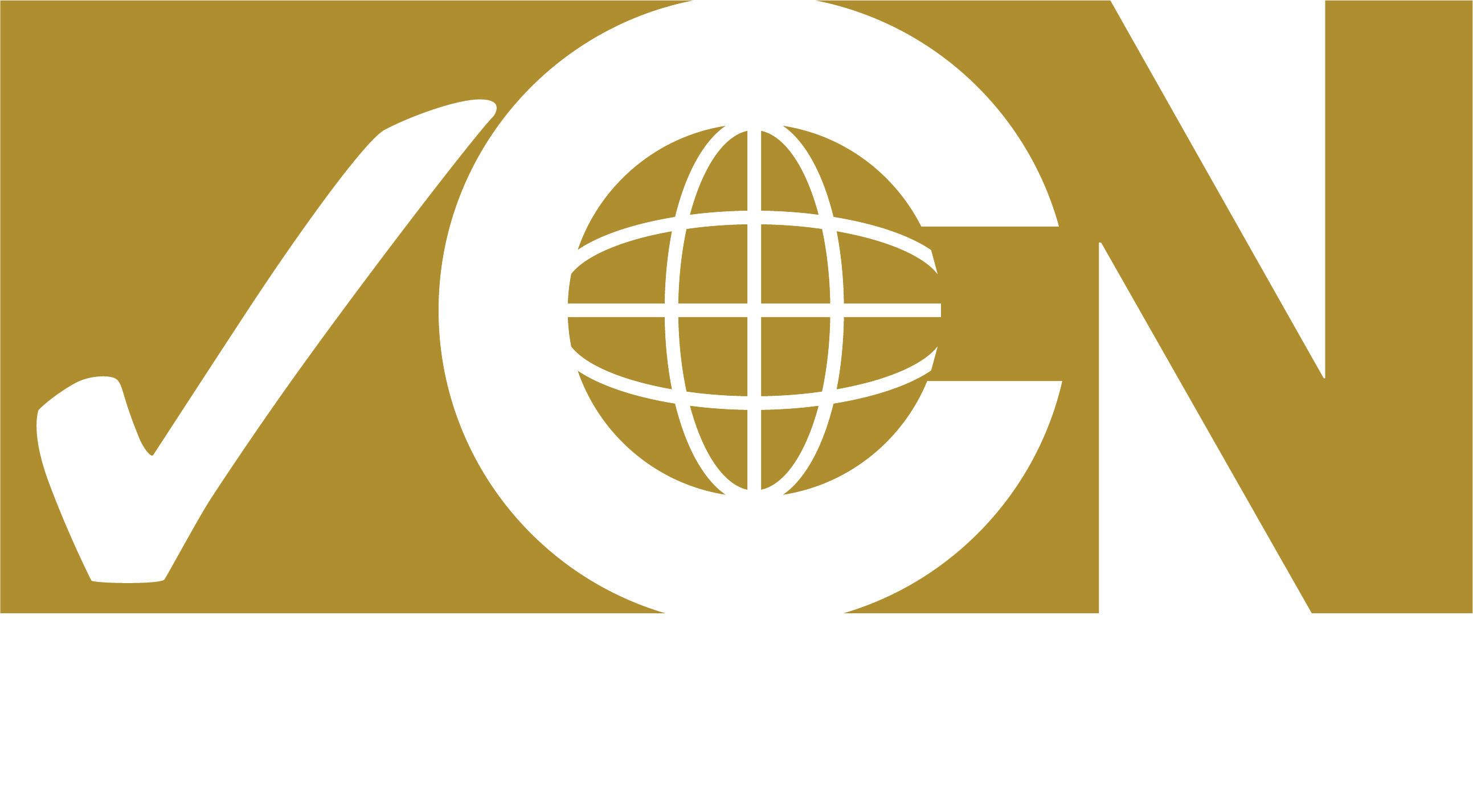The International Cyanide Management Institute (ICMI) today announced a change to the requirement that firms auditing operations designated for certification under the International Cyanide Management Code for the Manufacture, Transport and Use of Cyanide in the Production of Gold (Cyanide Code) may now conduct up to three consecutive audits before rotation. The change is effective immediately, and applies to audits of gold mines, cyanide production facilities, and cyanide transport operations.
The Cyanide Code is a program of best practice for the management of cyanide by companies using cyanide to produce gold and companies producing and transporting cyanide for this use. The program requires that operations be audited every three years to verify their compliance with the Cyanide Code’s Principles and Standards of Practice; operations found in compliance are certified as such. Cyanide Code verification audits must be conducted by independent third-party auditors meeting requirements established by ICMI for professional certification, experience and expertise, and must be free of conflicts of interest with the audited company.
Previously, ICMI rules had limited both audit companies and individual auditors from conducting more than two consecutive audits of an operation. As part of its ongoing review of program requirements and implementation, the ICMI Board of Directors recently determined that due to the paucity and geographical distribution of approved audit firms, extending that limit to three consecutive audits for audit firms is warranted to ensure program continuity and audit quality. However, the limit of two consecutive audits of an operation remains unchanged for individual lead and technical expert auditors. The revised requirement can be found on page 4 of ICMI’s Auditor Criteria document, http://www.cyanidecode.org/sites/default/files/pdf/7_AuditorCriteria_0.pdf.
ICMI anticipates that the additional three years before operations are required to change audit firms will allow for growth in the number of audit firms, particularly in regions that currently lack significant auditing resources.
This change is not expected to diminish the independence or rigor of Cyanide Code verification audits. Individual auditors, not audit companies, are approved to conduct Cyanide Code verification audits, based on each individual auditor’s professional and technical qualifications. Compliance findings and certification decisions are made by the individual auditors, not the audit companies that may employ them. ICMI will continue reviewing all audit reports for completeness, ensuring that the appropriate and necessary documentation has been presented in support of all Cyanide Code certifications. Summaries of all audit reports and the names and qualifications of the auditors will continue to be made available for public review on the ICMI web site.
